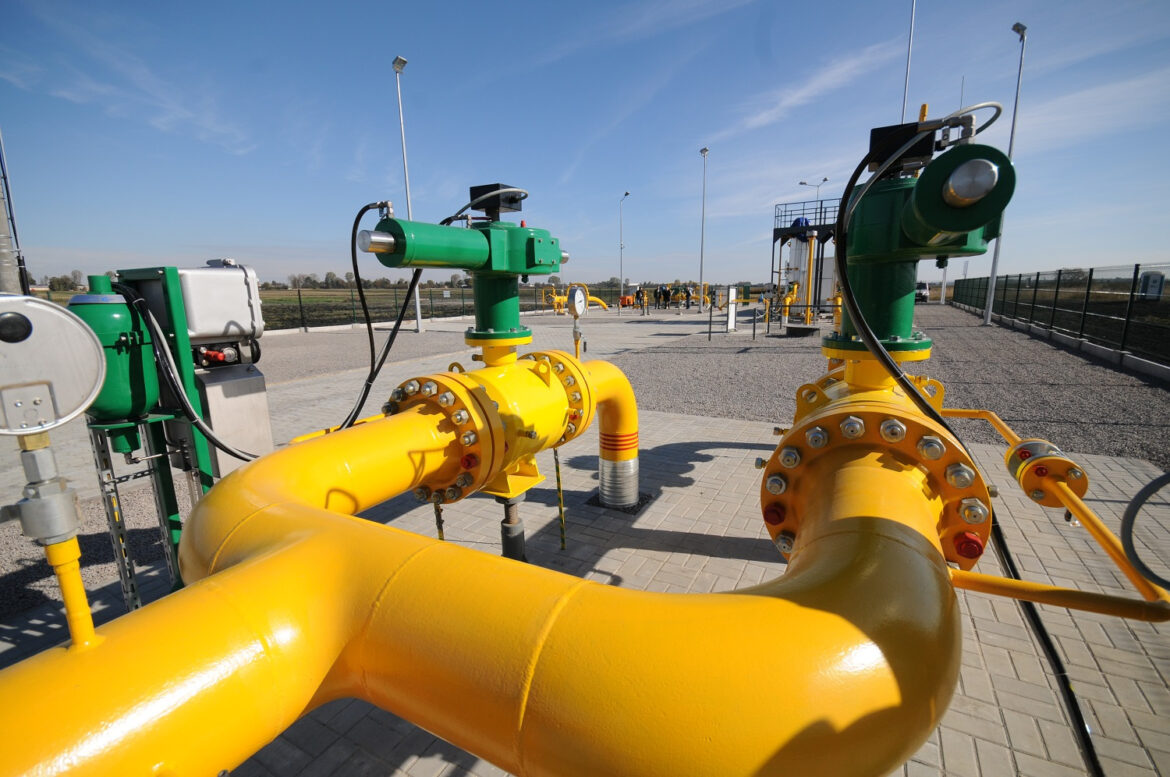The Polish Gas Company (PSG) wants to introduce new methods of methane detection in the distribution gas network. For this purpose, PSG has decided to test and analyse leaks in the distribution network in selected locations in the Małopolska and Podkarpacie regions using the Picarro system. It enables comprehensive management of the gas network – locating leaks, planning repairs and reducing methane emissions from the gas distribution network.
Tests carried out in Rzeszów and the surrounding area have shown that the new equipment performs well in field conditions and is adapted to the operating parameters of gas networks. Importantly, the results obtained reflect the actual state and consolidate knowledge of the technical condition of the gas pipelines in operation. A major advantage of this method is also the acquisition of an immediate digital measurement, which significantly speeds up subsequent decisions.
One of the biggest advantages of Piccaro’s system is that the surveys and measurements are taken from cars. They are specially ‘sensed’ which allows a large area to be checked more quickly. Of course, the car must not be moving too fast (15-20 km/h). Certainly, this method is more effective than measurements made on foot.
The biggest risk from a leaking gas pipeline is to cause an explosion and fire, which can even result in the death of people and huge financial losses. The second factor is environmental. The methane contained in the gas has a destructive effect on the environment, above all on the climate.
Since 2018, as a result of the surge in interest in gaseous fuel, resulting from the energy transition, the focus on ecology and the mass shift away from coal, the Polish Gas Company has significantly increased the area of gas pipelines requiring monitoring. As of 2022, the company operates a gas network of more than 200,000 km,
Arkadiusz Słomczyński





